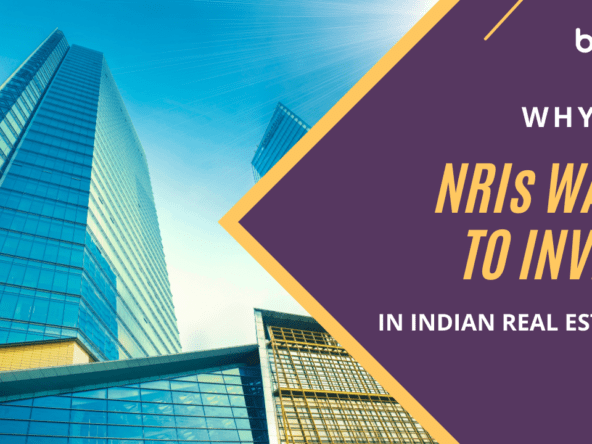What are the most important things to consider before investing in the real estate market? The decision to invest in real estate is a huge commitment as it involves a considerable amount of money. Unlike other investment platforms, real estate has less liquidity and it is regarded as an ideal option for long-term investment. Thus, before making a final decision, every investor must undergo proper research and analysis. Though location always plays an important role, many factors help to determine if a real estate investment is the best or worst. Here are some of the most common things to consider before planning to invest in the real estate market.
Analyzing financial position
While considering the real estate market for investment, most investors tend to overlook their future earnings and financial stability before investing. Both present and future cash flows have to be considered, or else the investor might fall into greater debt before he knows it. Apart from this, all other loans should be taken into account before taking a loan for the desired property. Additionally, the investors should also ensure that they have sufficient liquid funds to make the down payment. In the end, the investor should choose an appropriate loan structure that has a suitable repayment period and realistic EMI payments.
Background of the Seller and title deed
After deciding a suitable property, it would be wise to have a complete idea about the background of the seller/ developer. When the seller is an individual owner, his identity and title should be equally verified along with other succession certificates. Other things such as partition deeds, wills, and gift deeds also need to be analyzed. In the case of a corporate seller, the investor needs to do a complete check into their financial statements, investors, and whether the property fulfills the legal requirements.
Cost-Benefits Analysis
Cost-benefit analysis helps an investor to understand the estimated value that a real estate investment would generate. For instance, if an investor is already renting a place for his living and seeking to buy a residential property, it would be wise to do a cost-benefit analysis. Generally, a cost-benefit analysis would provide a deeper understanding of cash outflows in each situation, tax benefits, and forecasted appreciation over a particular period. This gives an idea of whether the costs outweigh the benefits of the investment.
Document Verification
While the investor verifies the title of the seller, other documents are needed to be verified, such as encumbrance certificate, khata certificate, power of attorney, conversion certificate and more. However, these documents need to be approved by legal experts, which might take almost 1-2 weeks. If the seller is developing the property, then the development agreement has to be verified. Furthermore, the investor should have a completion certificate in hand, and the occupancy certificate before making an investment plan.
Reviewing all approvals
Considering the guidelines specified by RERA (Real Estate Regulatory Authority), all developers need to register their projects with RERA. Thus, it is important for an investor to know whether the property is approved by RERA. With this, the investor should verify whether the seller has fulfilled other requirements by local authorities, and all taxes have been paid to the municipal body.
Carpet Area and Super Built Up area
While deciding the size of a particular property, many investors might be misled by false measurements of a unit. For instance, a developer could increase the price of a property, which would give him room to seemingly lower the rate per sq. This is highly misleading for a buyer and investors as they usually tend to fall under the trap which might seem attractive. Thus, an investor or a buyer should look over the ratio of carpet area with respect to super built areas. Evaluating both would certainly give an idea of how a project might be used.
Hidden Charges
While investing in the real estate market, a buyer should always ascertain the full cost needed for an investment. For instance, a property which is valued at Rs 100, might include hidden charges such as GST, registration, stamp duty, brokerage, cost of borrowing, and furnishing. All these charges will certainly increase the actual price of a property. Thus, along with the budget, an investor should at least keep 25% of the additional money to nullify the hidden charges. Even before the investment, the buyer should analyze all the required charges that are needed to buy a property.






